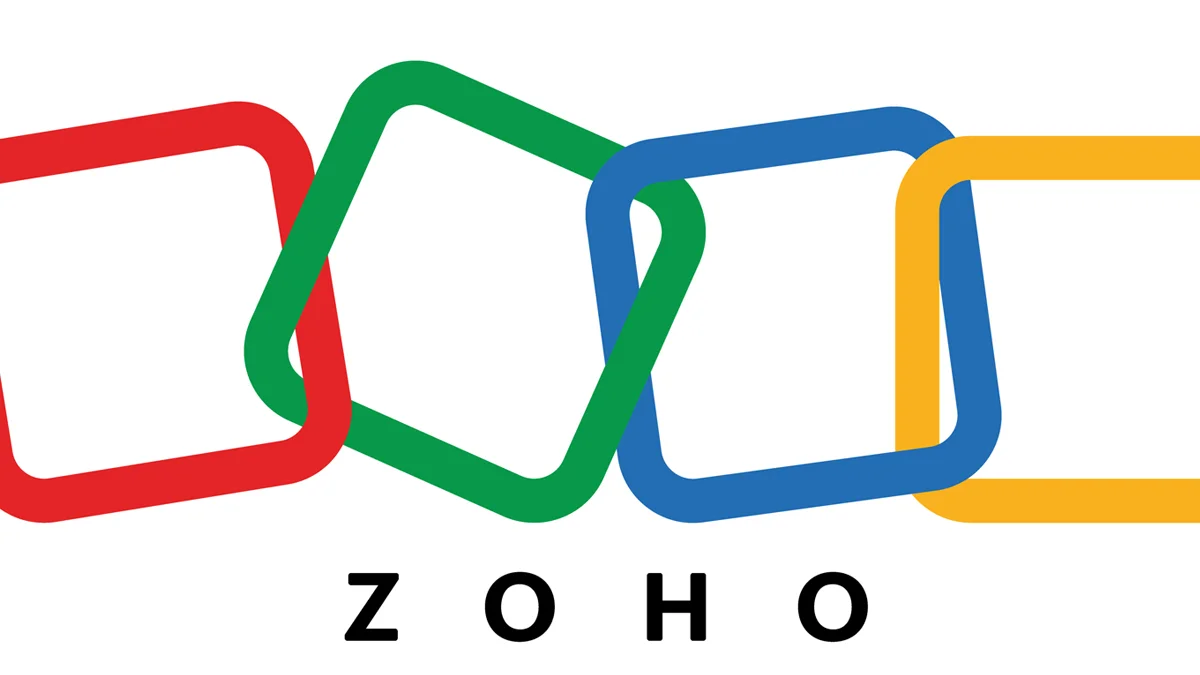Necessary Always Active
Necessary cookies are required to enable the basic features of this site, such as providing secure log-in or adjusting your consent preferences. These cookies do not store any personally identifiable data.
|
||||||
|
||||||
|
||||||
|

In a move that strengthens India’s position in the global AI space, Zoho launched Zia LLM, a homegrown large language model tailored specifically for enterprise use. According to Business Line, Zia LLM includes three distinct models with 1.3 billion, 2.6 billion, and 7 billion parameters, each independently trained and optimized for specific business contexts. Zoho emphasized that not every use case requires a large-scale LLM. Company executives said they chose to balance performance with resource efficiency by “right-sizing” the models to fit real-world enterprise needs.
The Zia LLM is an enterprise-grade large language model developed in-house by Zoho. It’s trained with a strong focus on business-specific tasks like writing emails, summarizing documents, generating reports, and answering support queries. Unlike many general-purpose AI tools, Zia is trained on curated business data, making it more effective for enterprise applications.
This marks a significant step for the Indian SaaS giant. With Zoho launching Zia LLM, the company has become one of the few global players building homegrown enterprise LLM solutions from scratch.
Mani Vembu, CEO of Zoho , said, “Our LLM model is trained specifically for business use cases, keeping privacy and governance at its core, which has resulted in lowering the inference cost, passing on that value to the customers, while also ensuring that they are able to utilise AI productively and efficiently. Our differentiation comes from offering agents over our low code platform so that there is a human in the loop for verification and modification. We call this co-creation with the AI agent.”
One of the standout features of the model is that it’s a privacy-focused AI. Zoho has made it clear that no customer data is used for training the model. The company also emphasized that the LLM runs on Zoho’s infrastructure. This eliminates the risk of data being exposed to third-party providers or cloud vendors.
In an era where data misuse and leaks are major concerns, having an AI model with data privacy built into its core is likely to appeal to enterprise clients, especially those handling sensitive data across finance, healthcare, and government sectors.
As part of this launch, Zoho also introduced Zia Agent which are AI assistants that work across its suite of applications. These agents can handle context-specific tasks such as writing sales emails, tagging customer sentiment, automating workflows, and even managing inventory queries.
The AI agents are designed to learn from each organization’s usage patterns. For instance, in Zoho CRM, a Zia Agent can help sales teams by drafting personalized follow-up emails or summarizing client conversations from different platforms.
According to Zoho, building its own LLM gives it greater control over how the AI functions, ensuring better performance, transparency, and customization. This approach also reduces dependence on third-party AI vendors, allowing the company to deliver consistent, cost-effective solutions to its customers.
Ramprakash Ramamoorthy, Director of AI Research at Zoho, said that Zia LLM is different because it wasn’t trained using any customer data. Instead, it was built using only public data and data labeled by Zoho itself. He also highlighted the model’s strength in handling enterprise-specific tasks and supporting Indian languages. Ramamoorthy started his career at Zoho as an intern in 2011, working on AI.
Zoho launched Zia LLM not just as a product, but as a statement—India can build advanced AI tools that compete globally while staying rooted in privacy-first design.